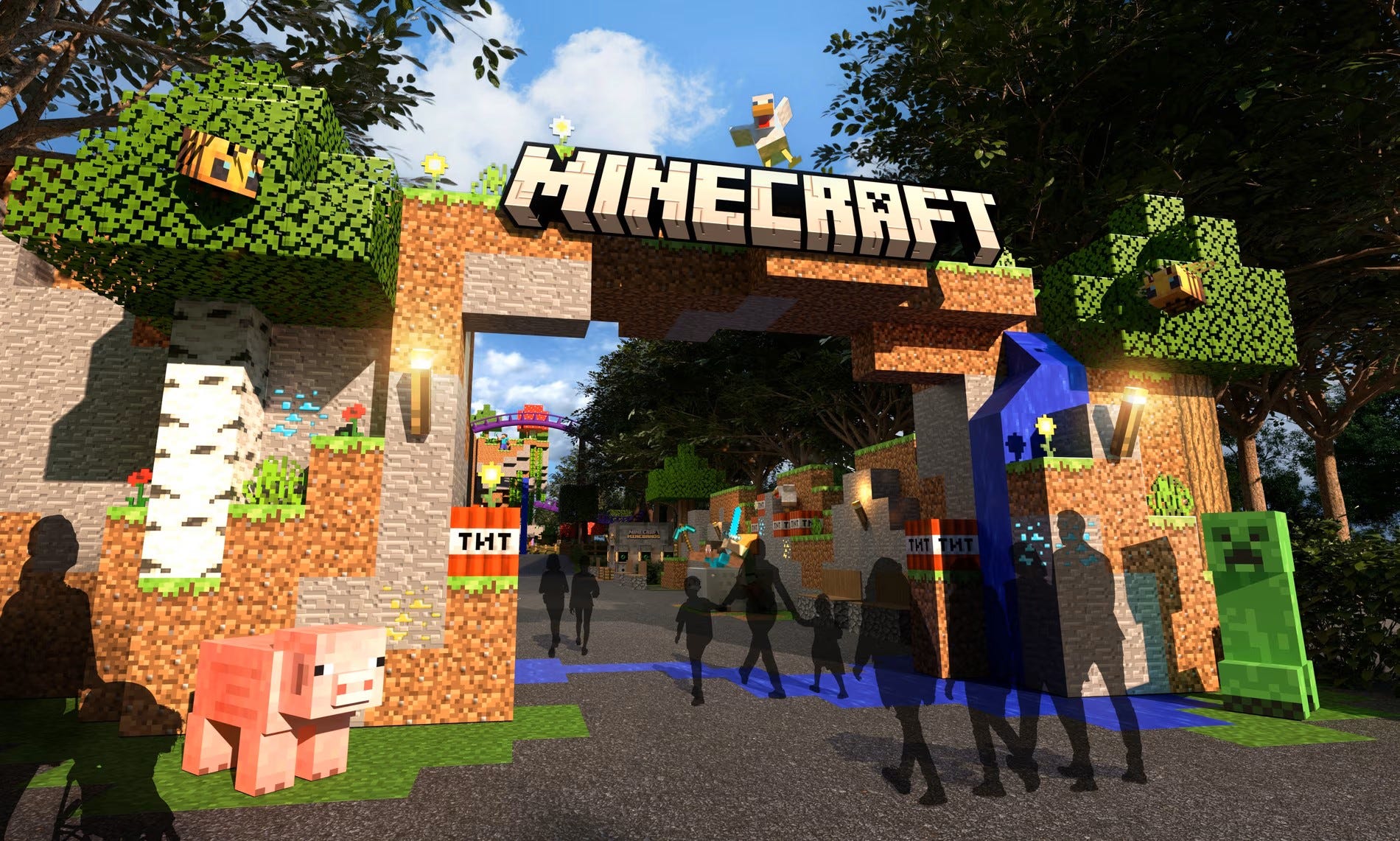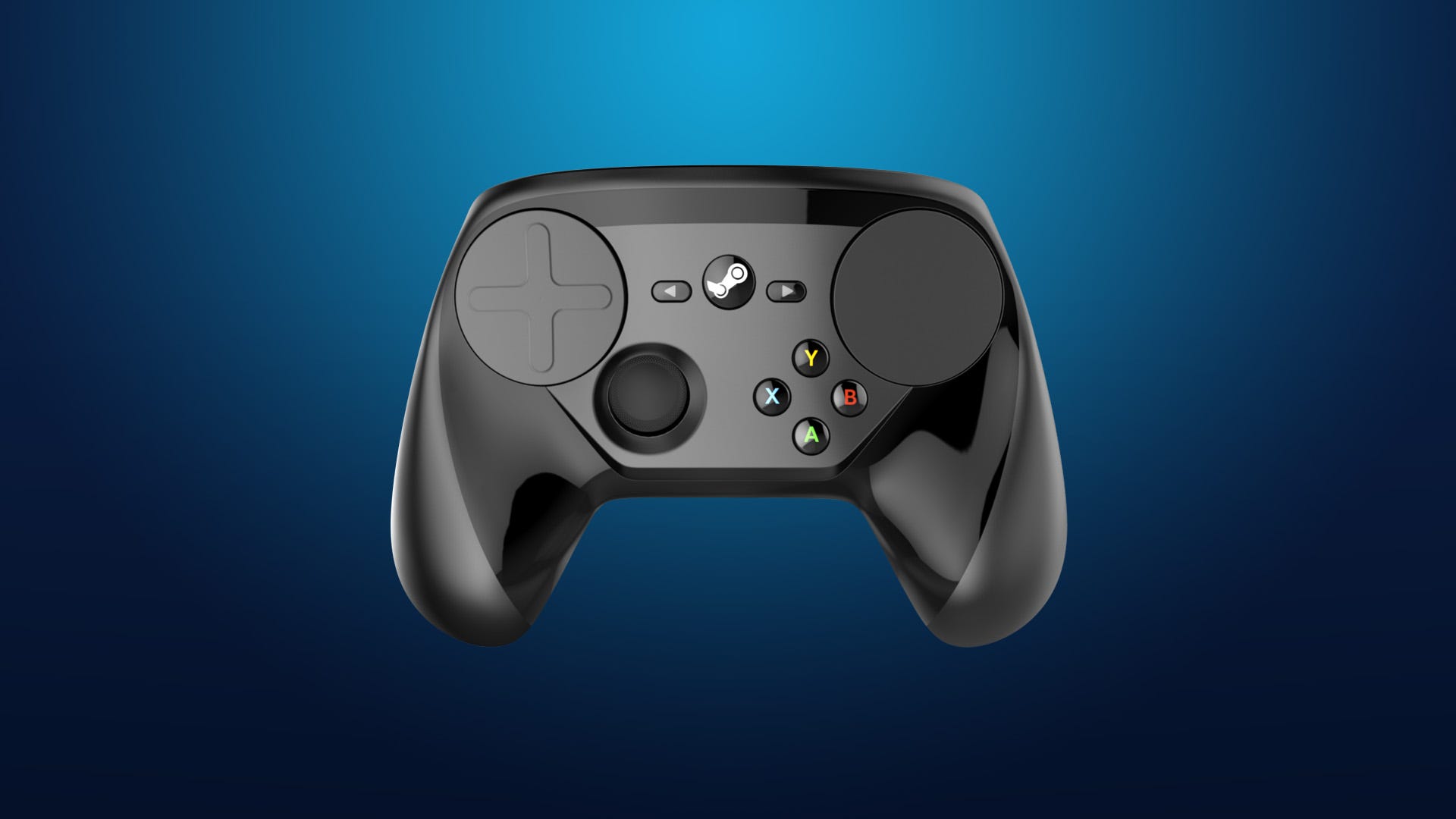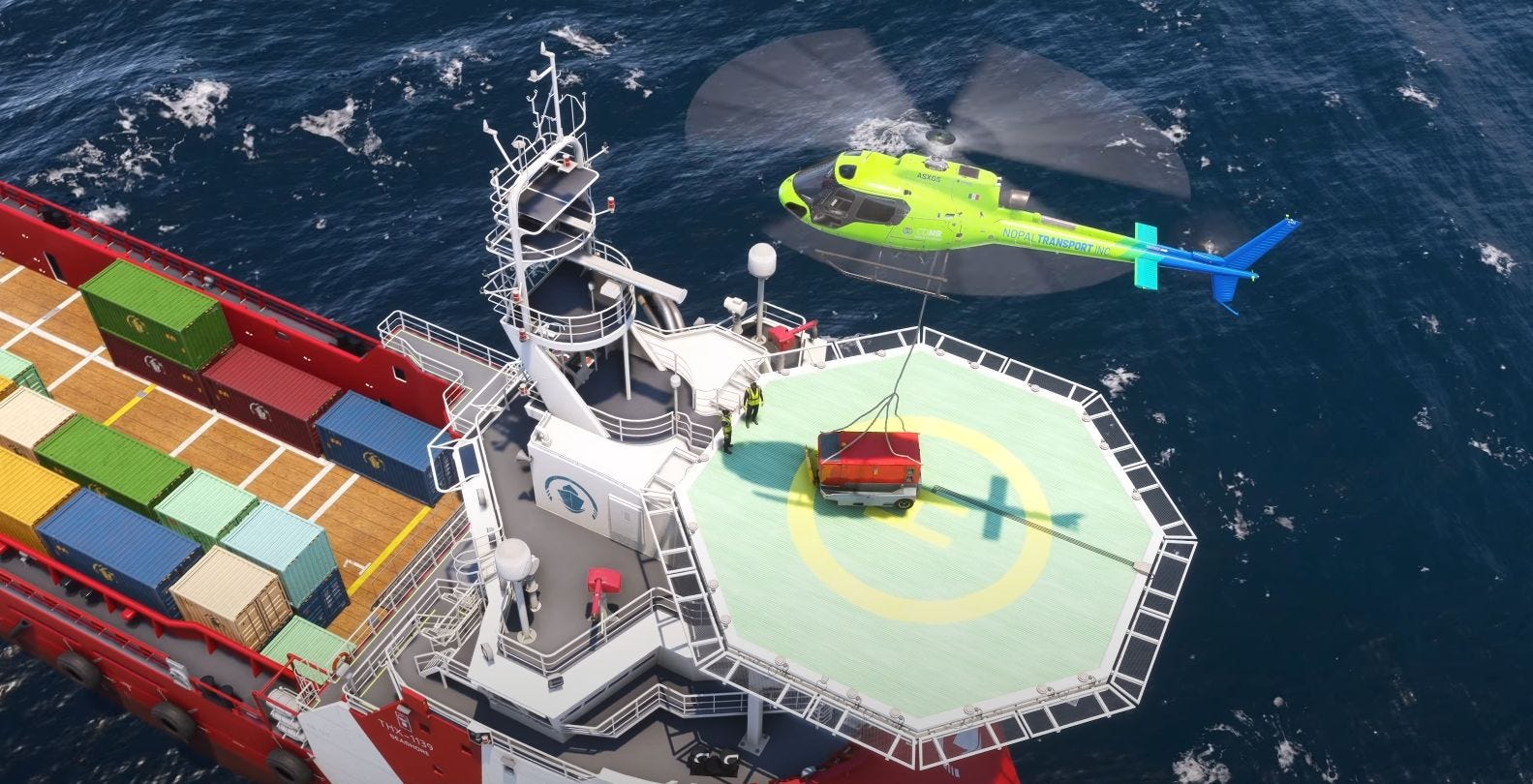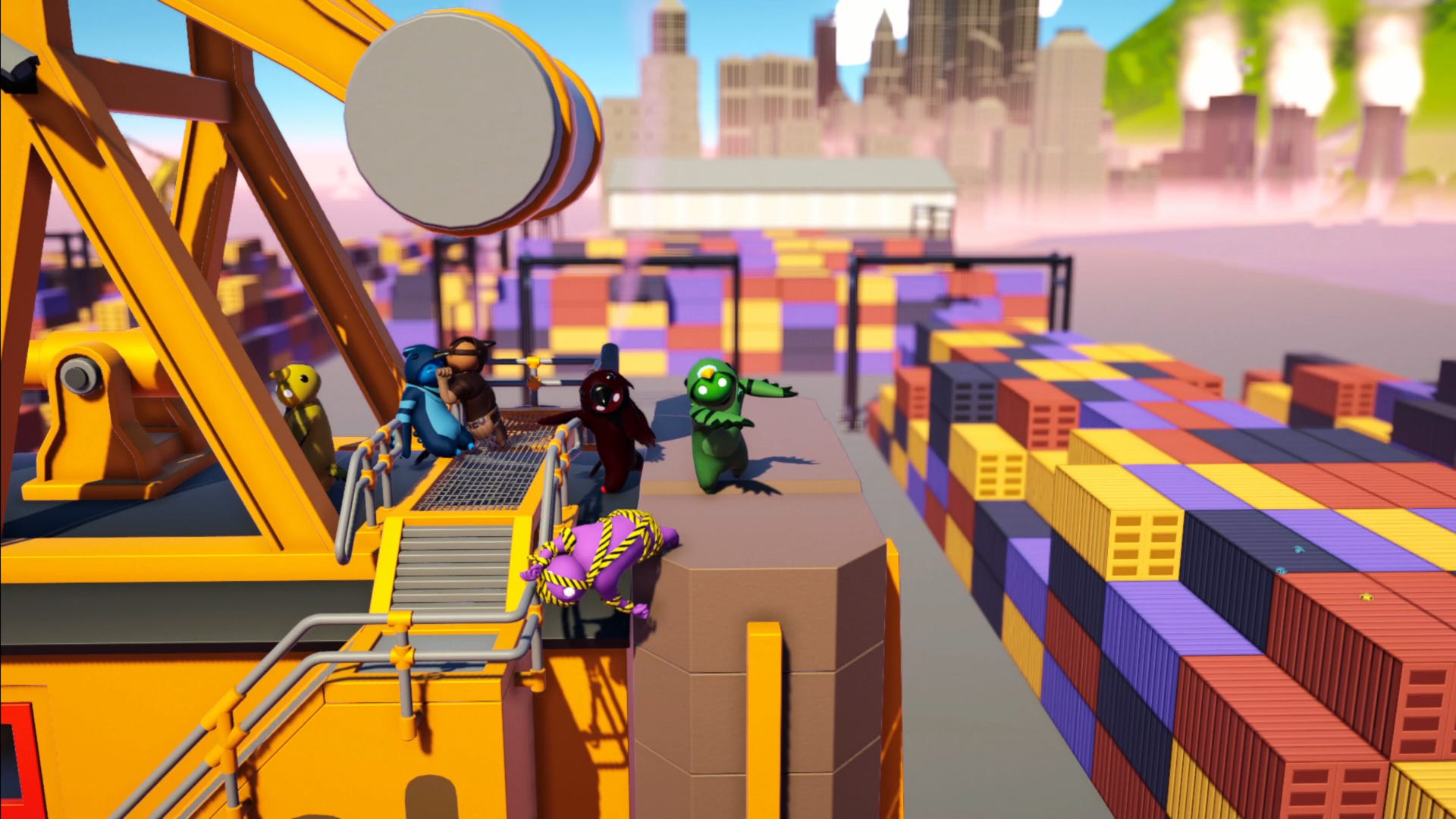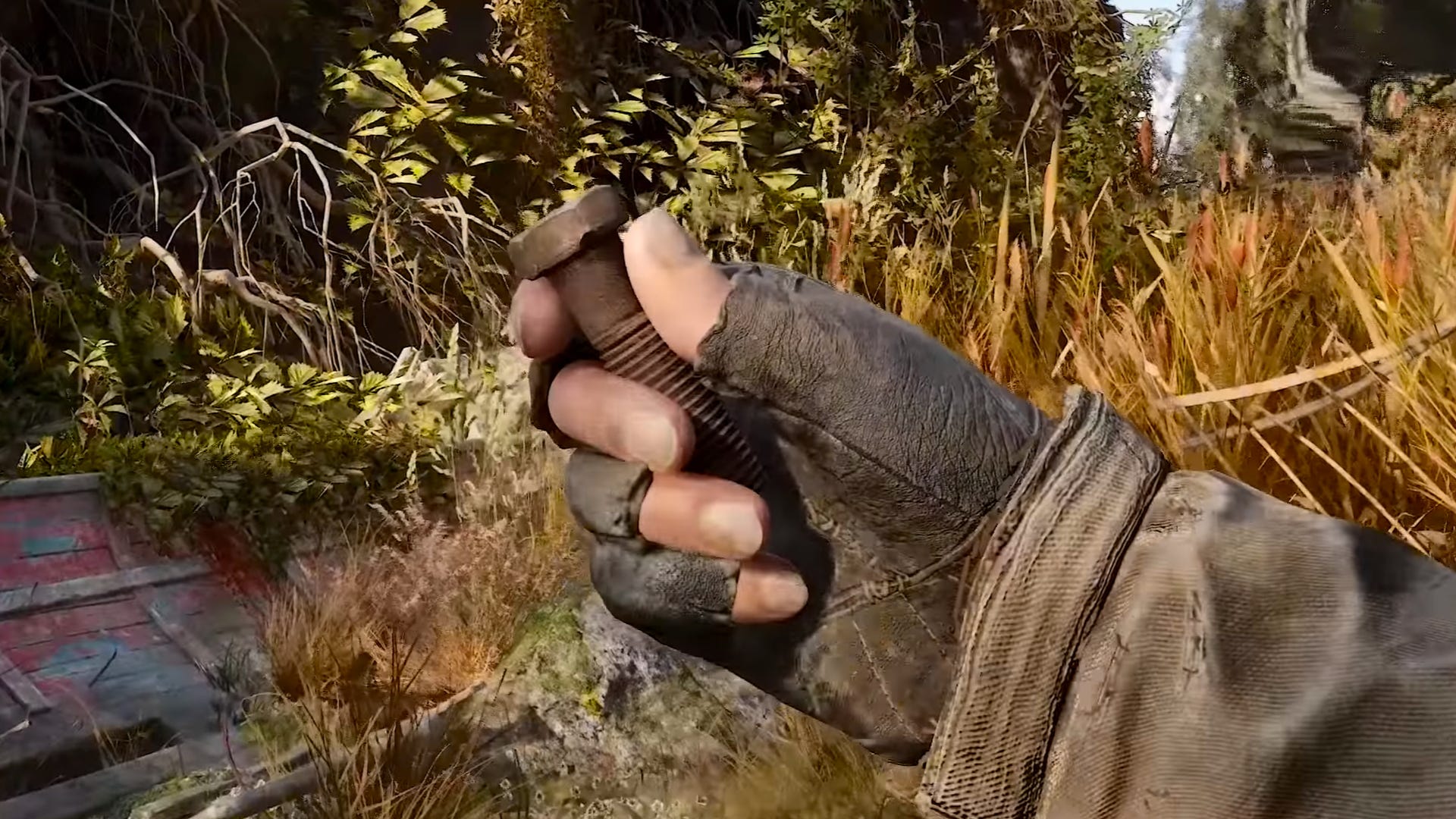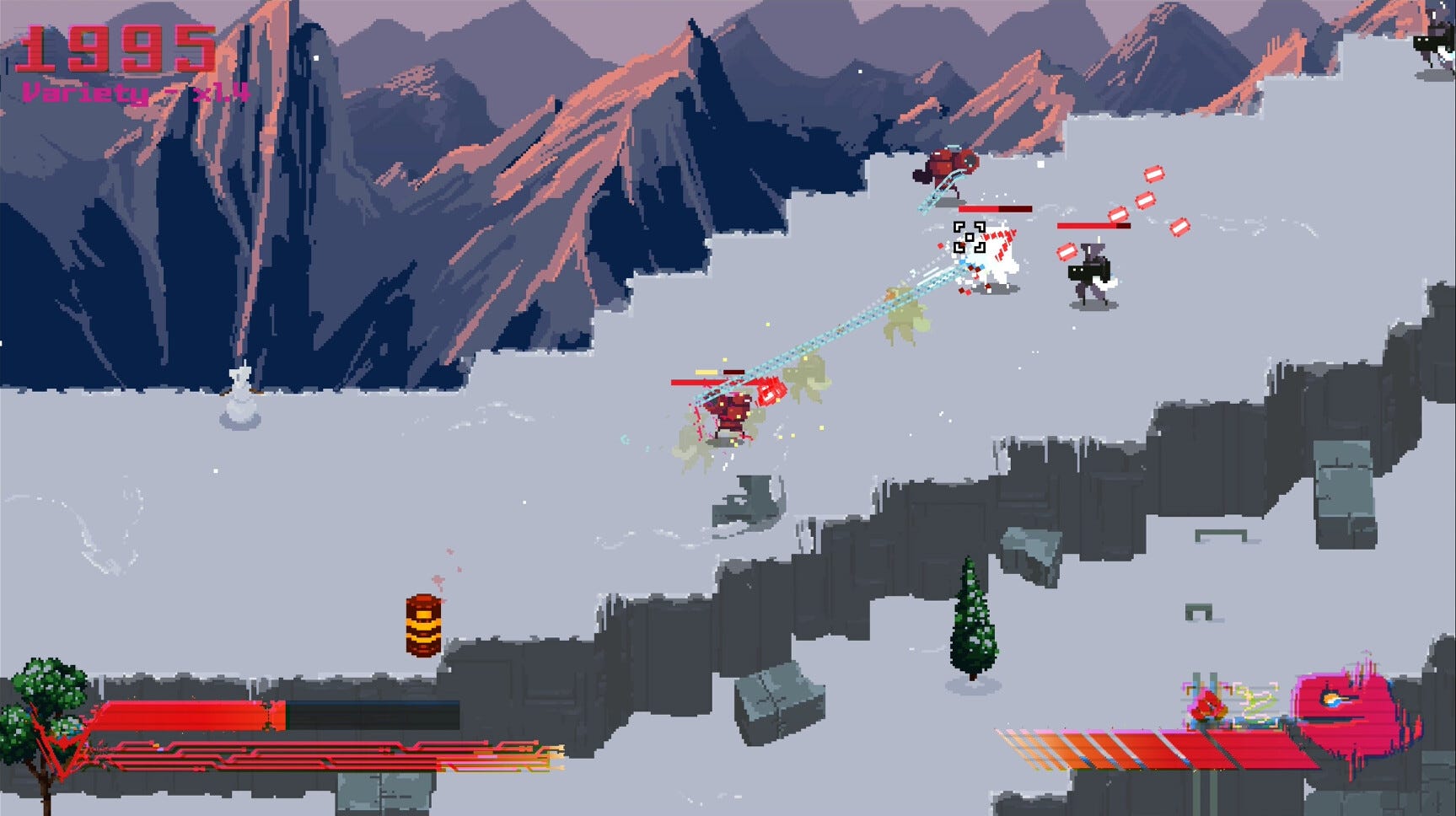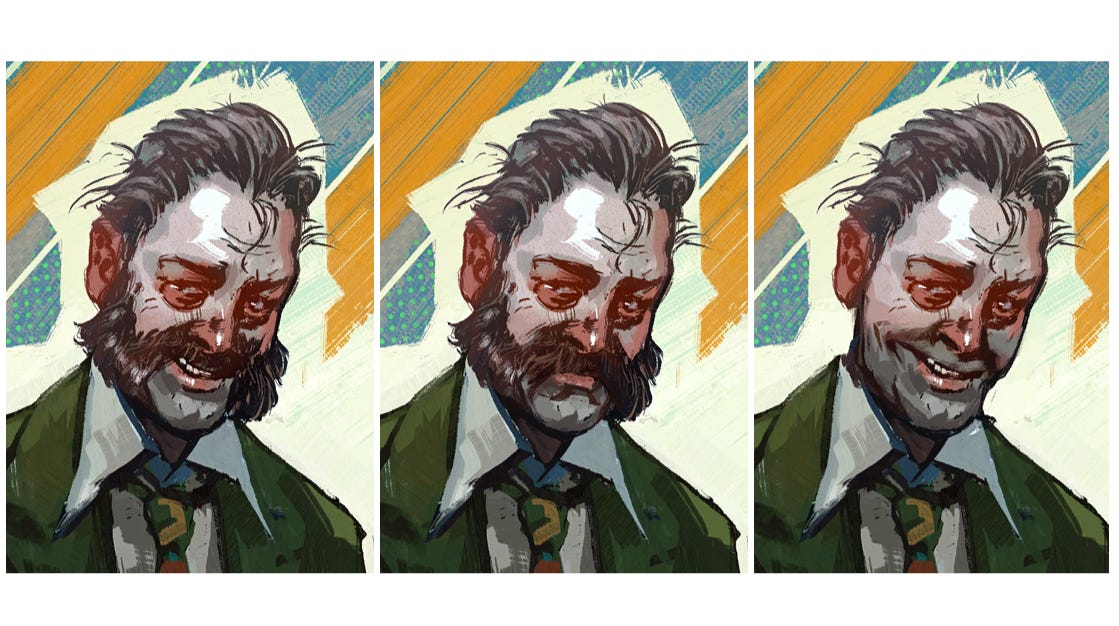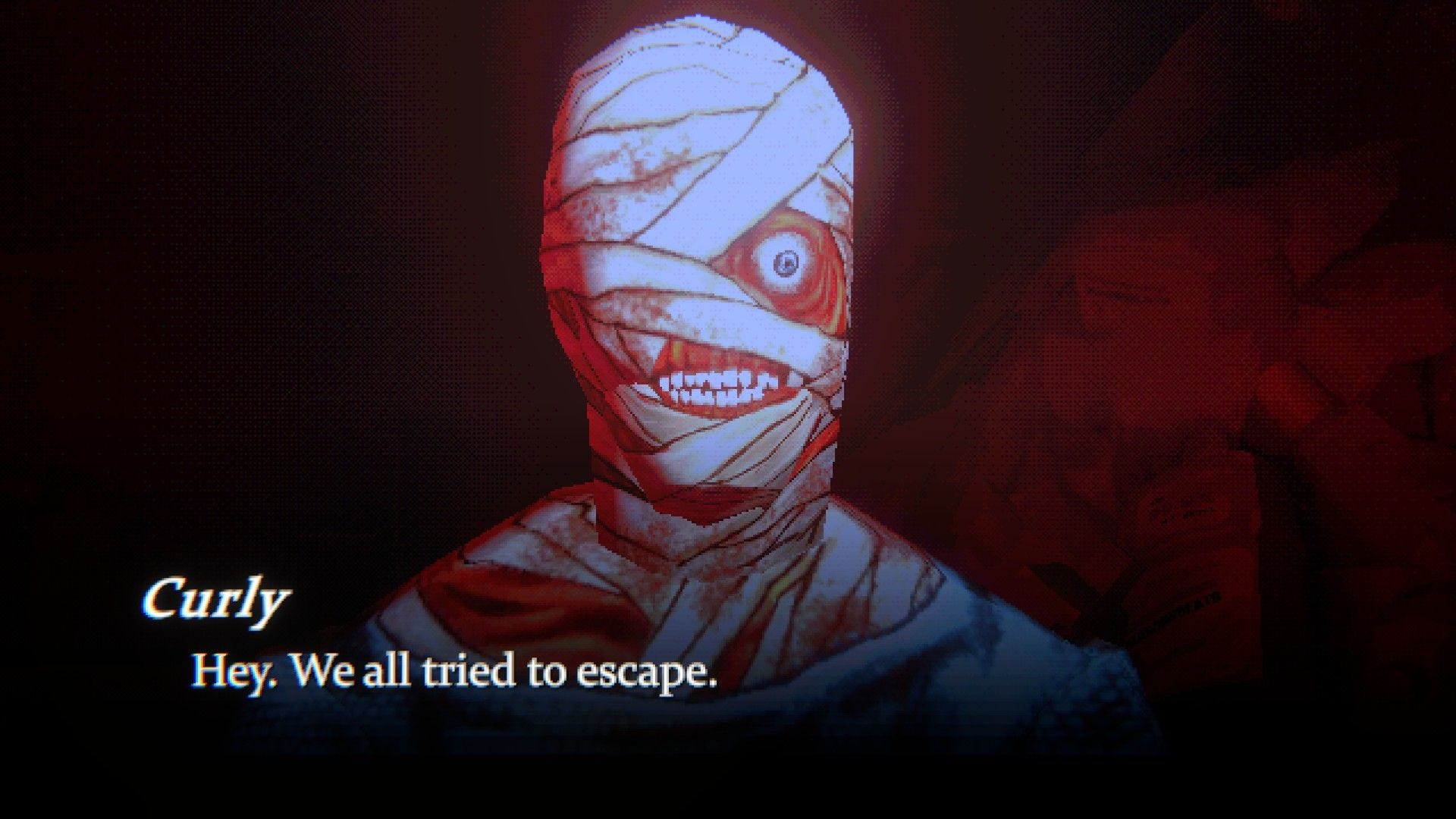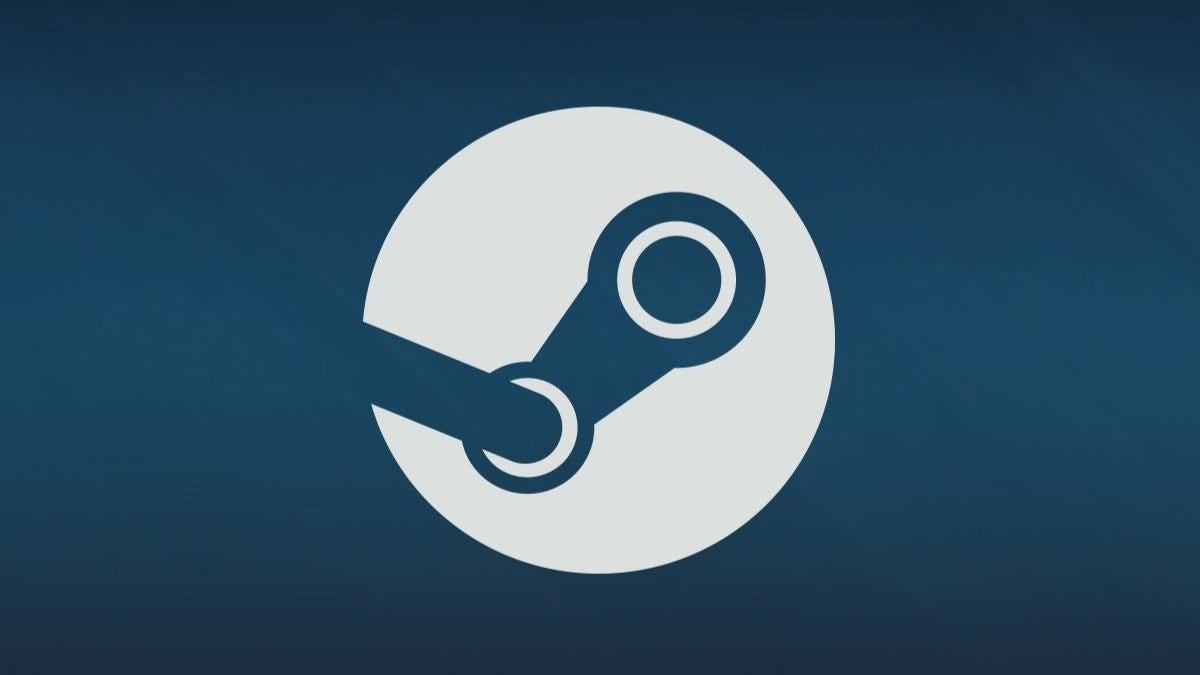
Valve have unveiled a new policy about season passes on Steam, which aims to ensure that developers release all the individual DLC involved on time and share adequate details about each DLC pack in advance. It specifies that developers can delay release of a season pass DLC just once, and by no longer than three months. In the event that a developer postpones DLC release by longer than three months, Valve may take such corrective actions as removing the season pass from sale or refunding players.

